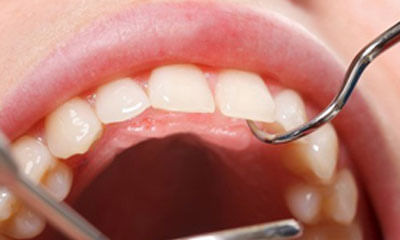What You Eat Affects Your Teeth?
Your mouth, teeth, and gums are more than just tools for eating. They’re essential for chewing and swallowing—the first steps in the digestion process.
Your mouth is your body’s initial point of contact with the nutrients you consume. So what you put in your mouth impacts not only your general health but also that of your teeth and gums. In fact, if your nutrition is poor, the first signs often show up in your mouth. Here are a few helpful things to know about how what you eat can impact your dental health. Your individual nutrition and calorie need depend on your age, gender, level of physical activity and other health factors, but according to MyPlate, a website from the Center for Nutrition Policy and Promotion, an agency of U.S. Department of Agriculture, a balanced and healthy diet should include: Fruits and vegetables. Combined, these should cover half your plate at meals. Grains, At least half of the grains you eat should be whole grains, such as oatmeal, whole wheat bread, and brown rice. Dairy, Choose low-fat or fat-free dairy foods most often. Protein. Make lean protein choices, such as lean beef, skinless poultry, and fish. Vary your protein choices to also include eggs, beans, peas, and legumes. Eat at least eight ounces of seafood a week. In addition to diet, it’s also important to stay active for good health. Adults should get at least two and a half hours of moderate-intensity physical activity every week. The foods you eat and the beverages you drink can have a direct influence on the incidence and progression of tooth decay, depending upon:
- The form of the food—whether it’s liquid, solid, sticky or slow to dissolve makes a difference.
- How often you eat sugary foods and beverages and how often you eat or drink acidic foods and beverages.
- The nutritional makeup of the food.
- The combination of the foods you eat and the order in which you eat them.
- Medical conditions you may have, such as gastrointestinal reflux and eating disorders, which can increase risk of cavities and weaken teeth
For dental health, it’s recommended that people limit eating and drinking between meals. Of course, sometimes eating between meals must happen. Unfortunately, most people choose foods like sweets and chips for snacks; foods that harm teeth by promoting tooth decay. If you do snack, make it a nutritious choice—such as cheese, yogurt, fruits, vegetables or nuts—for your overall health and the health of your teeth.



+1.svg)
